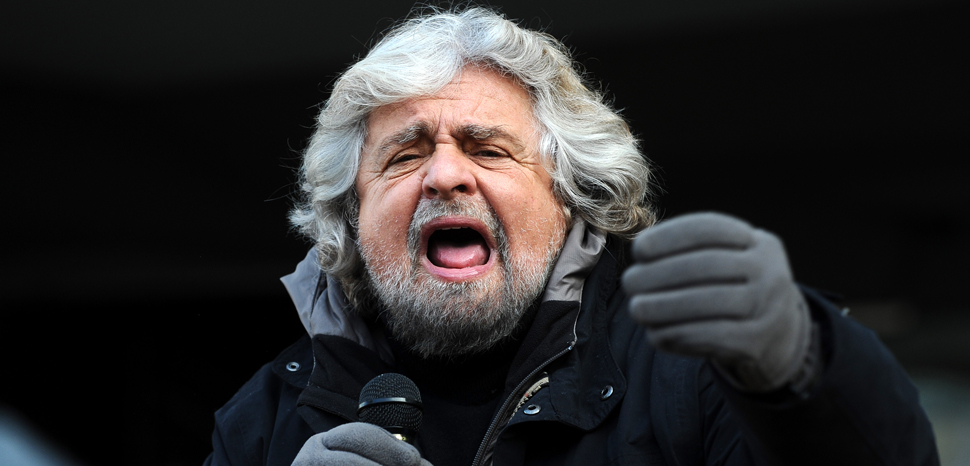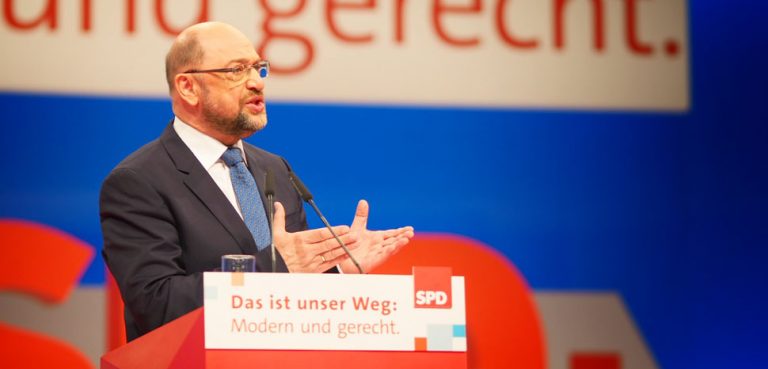Summary
Italy’s general election has produced a eurosceptic surge that left populist parties hostile to the European Union (EU) with a majority of seats in Italy’s two elected chambers, the Chamber of Deputies and the Senate (though the Senate forms the upper house, it holds equal powers with the Chamber of Deputies). However, voters delivered no clear mandate to any single party, resulting in another major EU country facing the prospect of a Germany-style round of political horse-trading until a governing coalition can be hammered out.
If no agreement can be reached, then the prospect of fresh elections looms, and while so far market uncertainty over this setback to European stability has fortunately been limited, that could all change if Italy’s political gridlock continues for months similar to the German situation late last year




